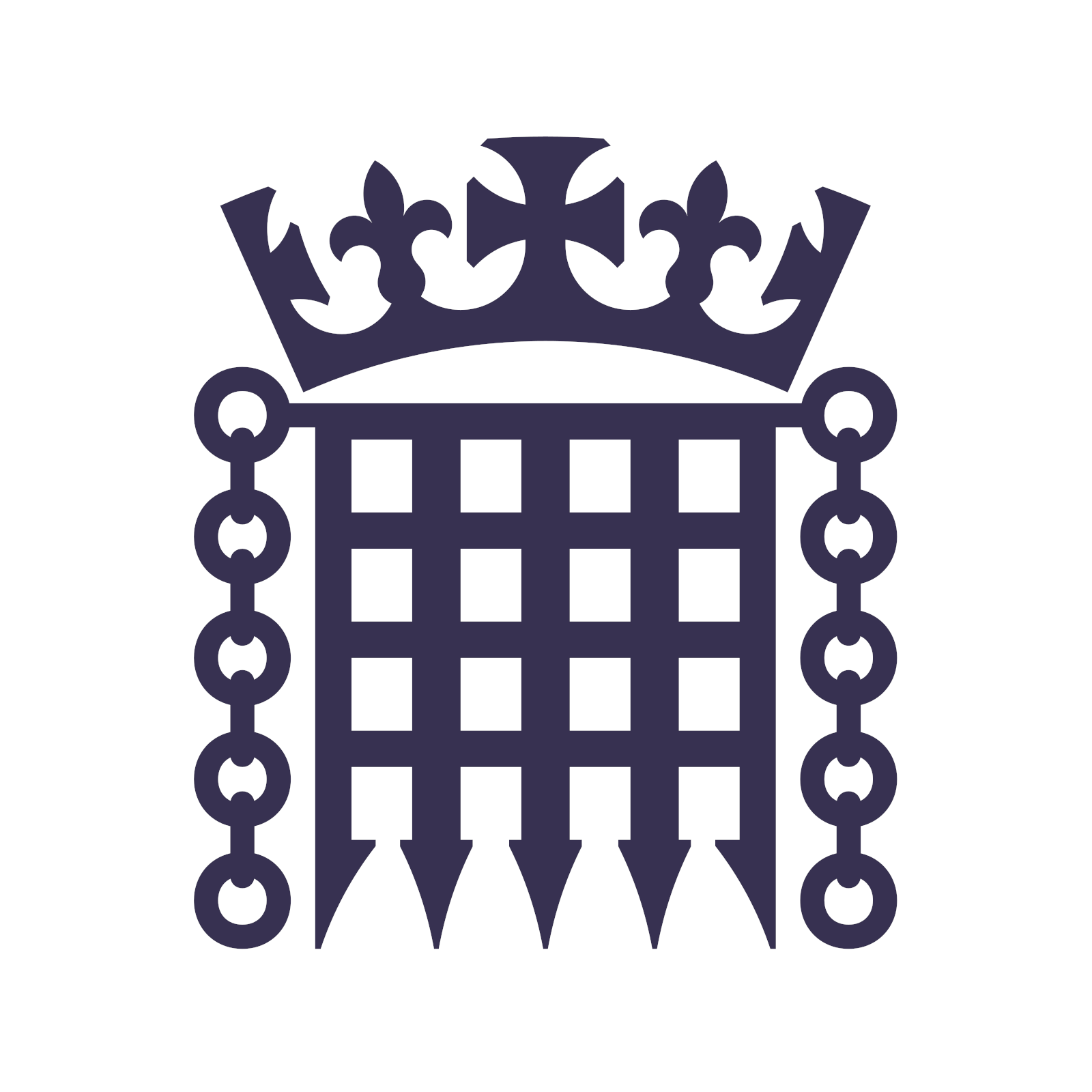Only days before it was due to come into force, the education secretary said she had decided to “stop further commencement of the Higher Education (Freedom of Speech) Act 2023, in order to consider options, including its repeal”.
Bridget Phillipson also announced major changes to the work of the higher education regulator in England, the Office for Students (OfS), in order to prioritise financial stability in the sector, as many universities struggle in the face of a mounting financial crisis.
The legislation, which faced bitter opposition from the point of its inception, required universities and student unions to take “reasonable steps” to promote free speech, or face sanctions by the regulator including possible fines.
Phillipson said the legislation was not fit for purpose and risked imposing heavy burdens on institutions. “For too long, universities have been a political battlefield and treated with contempt, rather than as a public good, distracting people from the core issues they face.”
She said the government remained “absolutely committed” to freedom of speech and academic freedom, adding: “This legislation could expose students to harm and appalling hate speech on campuses.
“That is why I have quickly ordered this legislation to be stopped so that we can take a view on next steps and protect everyone’s best interests, working closely with a refocussed OfS.”
Phillipson’s decision was welcomed by many in the sector who disputed the previous government’s narrative of a freedom of speech crisis in universities, and its claims that “cancel culture” and “no platforming” were undermining academic freedom. In sharp contrast to Tory claims, a survey of students by the OfS last year found nearly nine in 10 students in England felt free to express their opinions and beliefs.
The education secretary’s announcement coincided with the publication of an independent review of the OfS that concluded the regulator must reduce its strategic objectives to focus on monitoring financial sustainability in the sector, while also ensuring quality, protecting public money and regulating in the interests of students.
The lead reviewer, Sir David Behan, who was formerly the head of the Care Quality Commission, was also confirmed as the new interim chair of the OfS after the departure earlier this month of James Wharton, a former Conservative MP who ran Boris Johnson’s Tory leadership campaign in 2019.



I know they're both called classes, but martial arts and higher education aren't remotely comparable in their content or methods. Also you seem to be arguing against yourself by saying martial arts classes (or debate clubs) won't help you in a real fight (or argument).
This is exactly why I say ideas don't have to be treated as valid because they exist - your ideas exist but are just a mess of half formed, contradictory assumptions. The only reason to show your ideas at all is as a demonstration of really terrrible ones, and nobody needs to be forced to defend them to prove their lack of validity.